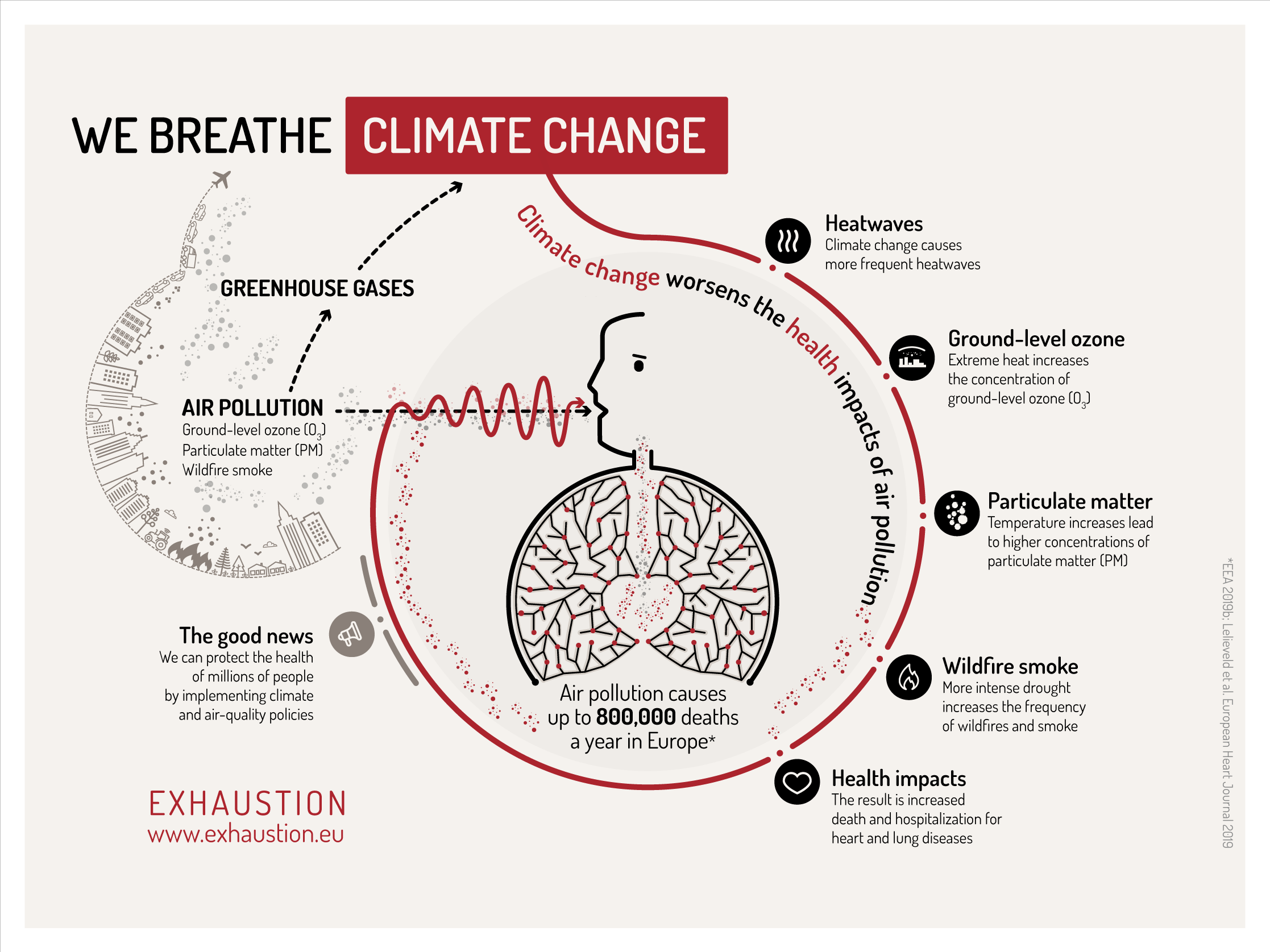Estimating heat-related mortality in near real time for national heatwave plans
We investigate the novel use of summer temperature-mortality associations established by these models for monitoring heat-related deaths in regions in England in near real time. For four summers in the period 2011–2020, we find that coupling these associations with observed daily mean temperatures results in England-wide heatwave mortality estimates that are consistent with the excess deaths estimated by UK Health Security Agency. However, our results for 2013, 2018 and 2020 highlight that the lagged effects of heat and characteristics of individual summers contribute to disagreement between the two methods.
Estimating heat-related mortality in near real time for national heatwave plans
Environmental Research Letters










